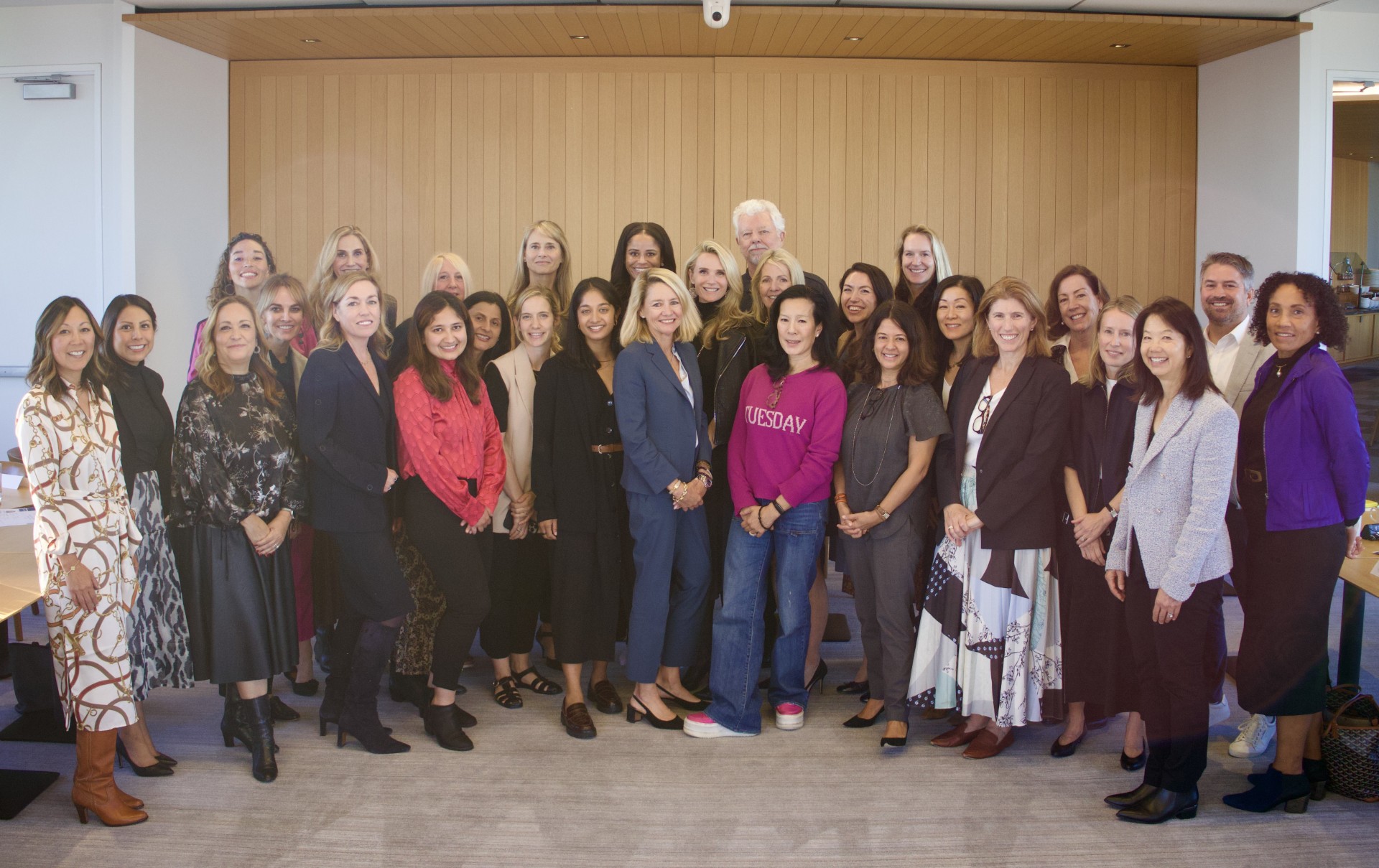First Partner Jennifer Siebel Newsom launches California Women’s Wealth Advisory Council
SACRAMENTO – First Partner Jennifer Siebel Newsom today announced the launch of the California Women’s Wealth Advisory Council, a new initiative designed to increase access to capital, ownership, and financial opportunity for women across the state. The Council will bring together leaders in finance, venture capital, and government to help close the women’s wealth gap and and support making California’s innovation economy open to all.
I’m proud to launch the California Women’s Wealth Advisory Council to help shape an economy that includes women at every level of decision-making. California is bringing the best and brightest minds together to meet this moment of historic wealth transfer and shape the foundations of a more equitable economy. When women control capital, they strengthen communities and expand opportunity. The work ahead is to redesign the systems that decide who has access and who benefits, so our growth reflects the values and potential of all our people.
First Partner Jennifer Siebel Newsom

Expanding economic pathways for women
The United States is entering the largest intergenerational wealth transfer in modern history, with an estimated $84 trillion expected to change hands over the next two decades. California is home to the nation’s largest public pension systems, a dynamic venture ecosystem, and a global innovation economy, which will play a central role in how that capital moves.
Women, however, continue to face barriers to wealth creation. They receive a fraction of venture funding, remain underrepresented in asset management, and hold a smaller share of total business and household wealth. By designing financial systems that are inclusive from the start, California aims to model a more resilient and equitable economy.
Building on California’s leadership
The California Women’s Wealth Advisory Council is the next chapter in California’s ongoing work to ensure equity and access at every stage of economic life. Building on the First Partner’s initiatives in pay equity and financial literacy, the Council expands that commitment toward broader inclusion and wealth creation for women across the state.
Since the launch of the California Equal Pay Pledge in 2019, hundreds of companies, organizations, and municipalities have signed on, committing to annual gender pay analyses, bias reduction in hiring, and equitable promotion practices. Building on that foundation, the First Partner released The Equal Pay Playbook, a data-driven guide that helps employers implement fair pay strategies that attract talent, enhance innovation, and strengthen performance.
First Partner Jennifer Siebel Newsom in partnership with California Partners Project released the Board Culture Playbook in 2024, designed to help companies increase and retain the number of women, particularly women of color, on their boards of directors. The free resource is the second in a series of Playbooks that began with the Board Diversity Playbook. These resources were co-created with Stanford’s VMware Women’s Leadership Innovation Lab, with additional support from the Stanford Graduate School of Business.
Additionally, in June 2024, Governor Newsom signed Assembly Bill 2927, requiring California public high schools, including charter schools, to offer a one-semester course in personal finance beginning in the 2027–28 school year. Starting with the class of 2030–31, completion of this course will be a graduation requirement. Schools may allow the new course to fulfill the existing semester-long economics requirement.
This landmark step ensures every California student leaves high school with a foundation in budgeting, banking, credit, loans, and investing, skills essential to building and sustaining wealth. As the First Partner has noted, financial literacy is fundamental to equity, empowering young women and men alike to become confident investors, entrepreneurs, and decision-makers.
